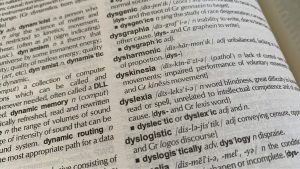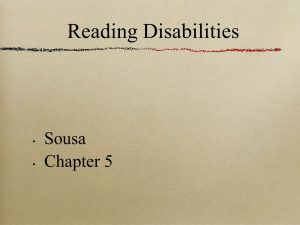
Introduction
The ability to read proficiently is a cornerstone of academic success, influencing a student’s overall learning trajectory. As educational approaches evolve, the importance of effective reading instruction becomes increasingly evident. Teacher training programs play a pivotal role in equipping educators with the tools and strategies necessary to implement new, impactful reading teaching methods. This article delves into the significance of these programs in shaping and enhancing reading instruction.
Importance of Reading Proficiency
Reading proficiency is fundamental to a student’s academic achievement and future opportunities. Proficient readers not only comprehend texts better but also develop critical thinking, vocabulary, and language skills. Conversely, inadequate reading skills can hinder a student’s performance across various subjects and impede their overall educational progress.
Challenges in Reading Instruction
Implementing successful reading instruction poses challenges for educators. Diverse student populations, varying learning styles, and the evolving landscape of literacy demand adaptive teaching strategies. Traditional methods might not effectively address the needs of modern learners, necessitating a shift in instructional approaches.

Role of Teacher Training Programs
Teacher training programs bridge the gap between traditional methodologies and contemporary teaching strategies. These programs offer educators opportunities to update their pedagogical skills, stay abreast of research-backed practices, and engage with innovative instructional techniques tailored for diverse learners. Evaluating the Significance: The significance of teacher training programs lies in their ability to empower educators with updated tools and methodologies:
Effective Implementation: Training programs equip teachers with a deeper understanding of reading instruction theories, enabling them to implement diverse methodologies effectively.
Customized Approaches: Educators learn to tailor reading instruction based on students’ individual needs, ensuring a more inclusive and personalized learning environment.
Adaptation to New Methodologies: In a constantly evolving educational landscape, training programs help teachers adapt to new reading teaching methods, fostering a more dynamic classroom environment.
Improved Student Outcomes: Well-trained teachers can positively impact students’ reading abilities, leading to improved academic performance and overall success.
Addressing Diverse Learner Needs: Training programs emphasize strategies to address the needs of students with different learning styles, abilities, and backgrounds, fostering equity in education.
Challenges and Solutions
While teacher training programs offer immense value, challenges persist. Limited resources, time constraints, and resistance to change within educational systems can hinder the effective implementation of newly acquired skills. To address these challenges, collaboration between educational institutions, policymakers, and stakeholders is crucial. Allocating adequate resources, providing ongoing support, and fostering a culture of continuous learning can bolster the effectiveness of these programs.

Conclusion
Teacher training programs play a pivotal role in enhancing reading instruction by equipping educators with the necessary skills to navigate the complexities of modern teaching. Evaluating the significance of these programs underscores their crucial role in fostering proficient readers, thus shaping the educational landscape for generations to come. Empowered educators, armed with updated methodologies, are key to unlocking the full potential of students and building a stronger foundation for academic success.










